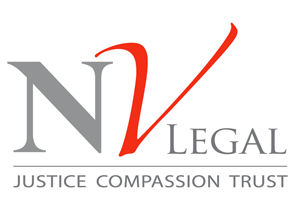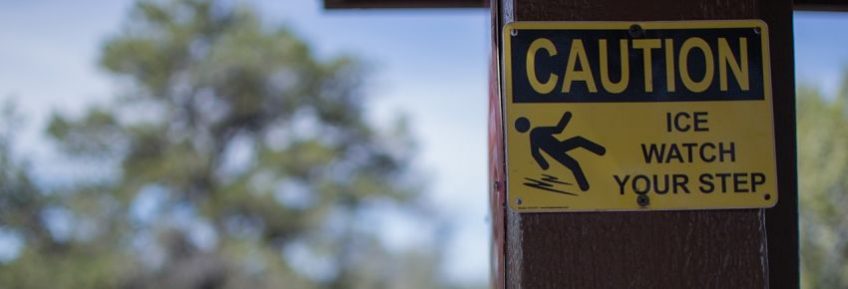Winter safety advice – How to stay safe during the cold season
Almost 3,000 people are admitted to hospital every year after falling on ice or snow with the winter season being one of the most treacherous.
Adverse weather conditions and colder temperatures often bring disruption across the country but this season we would like to prevent as many injuries as possible. There are ways to minimise the risk of a winter injury, we look at some of the measures you can take to avoid a mishap.
Road safety
If you must complete a long journey or regular commute during winter, it’s essential to carry emergency supplies. Water, dried food, blankets, de-icer, windscreen scraper, a warning triangle and warm clothing are some of the items you should store in your car.
You should also keep essential documents to hand for insurance policies or breakdown providers in the event of an accident or breakdown. Before embarking on a journey check the forecast, avoid rural roads and peak travel times.
Complete regular checks on your vehicle. Ensure screen wash is full, your tyres meet the legal requirements and your car is serviced regularly.
When conditions are severe with snow, sleet, heavy rain or winds, only make essential journeys. Although accidents are more prone in winter the Department for Transport often records a dip in the number of casualties as people tend to stay off the roads.
Did you know you can check if local roads will be gritted and request gritting in your area? Click for more information.
On foot
For any journey made on foot during winter, you should wear suitable footwear, winter boots or shoes with a solid grip can make all the difference.
Allow plenty of time to reach your destination and make sure the front of your home is gritted with salt or grit. Dishwasher salt is a great alternative if you do not have grit to hand.
When out and about watch out for black ice as it is often difficult to spot and can be particularly hazardous.
Businesses should take precautions too. Ensure that entrance ways and car parks are clear of snow and ice. If an employee or visitor slipped on the premises, they could pursue a claim for compensation from the owner/occupier. It is worth ensuring that you have appropriate insurance cover in place.
The elderly
A trip or fall for an elderly person can be even more serious and result in hospitalisation. Keep an eye on your neighbours and offer to run errands for them or grit their footpath.
Appropriate footwear is vital for this age category along with extra layers to protect from the cold. The layers can also provide additional padding in the event of an accident. It is important to keep warm in the home as it is likely that you will be more sedentary. Drink hot drinks and eat regular meals, wrap up warm, ideally in several layers and use your heating.
Winter heating
During the winter period heating bills increase due to extra use of gas fires, boilers, log burners and central heating.
It is extremely important that heating systems are maintained and serviced. There are several cases every year of CO2 (carbon monoxide) poisoning due to faulty gas appliances. Ventilation is key and accidents can be avoided through regular maintenance.
If you have an accident during winter, contact NV Legal to discuss whether you can claim for compensation. Initial consultations are free, and we work on a no-win no-fee basis. If we are not successful with your case, you will not pay our fees. Call 03330 112732 or visit www.nvlegal.co.uk for more information.
Useful links


